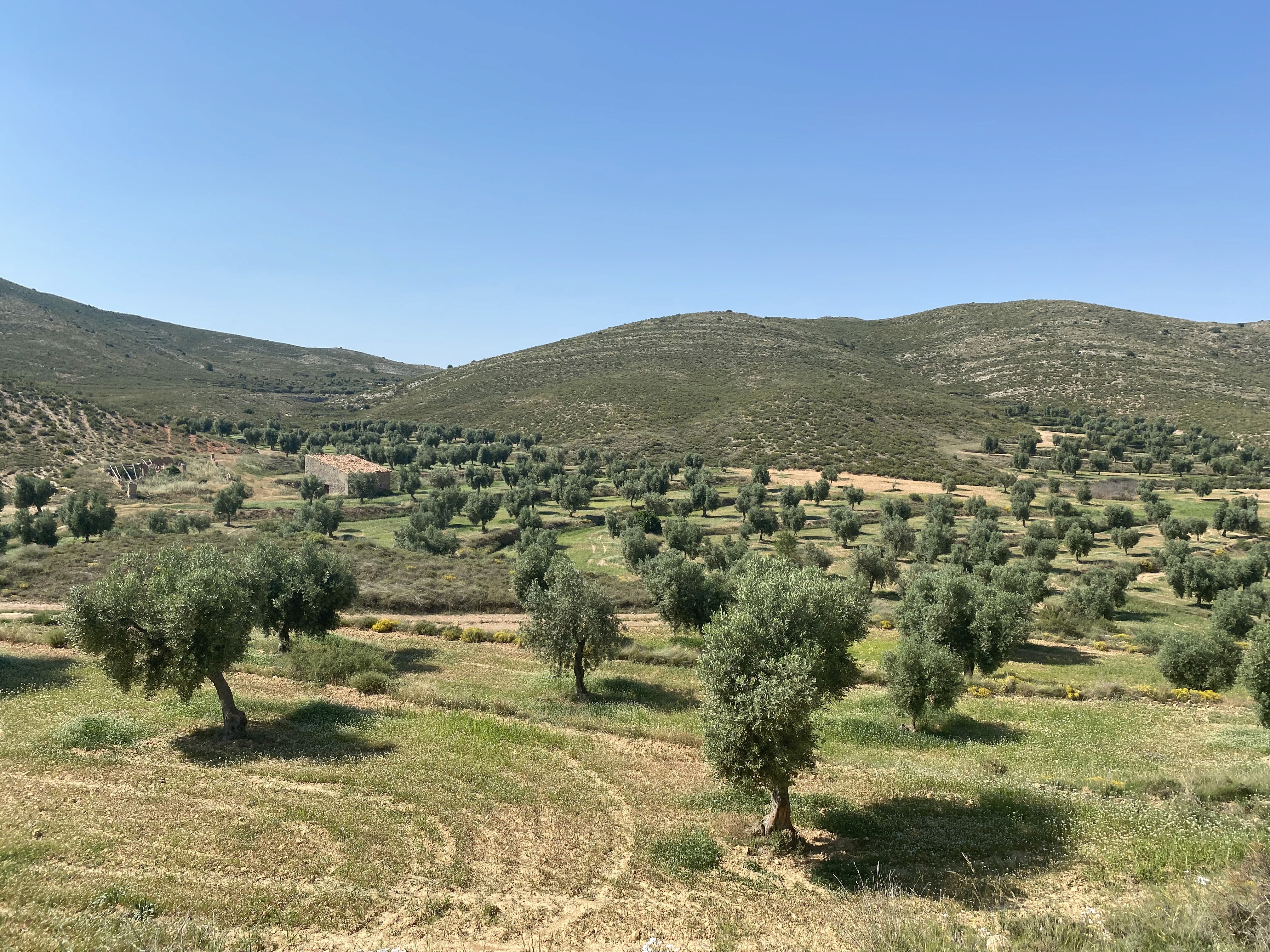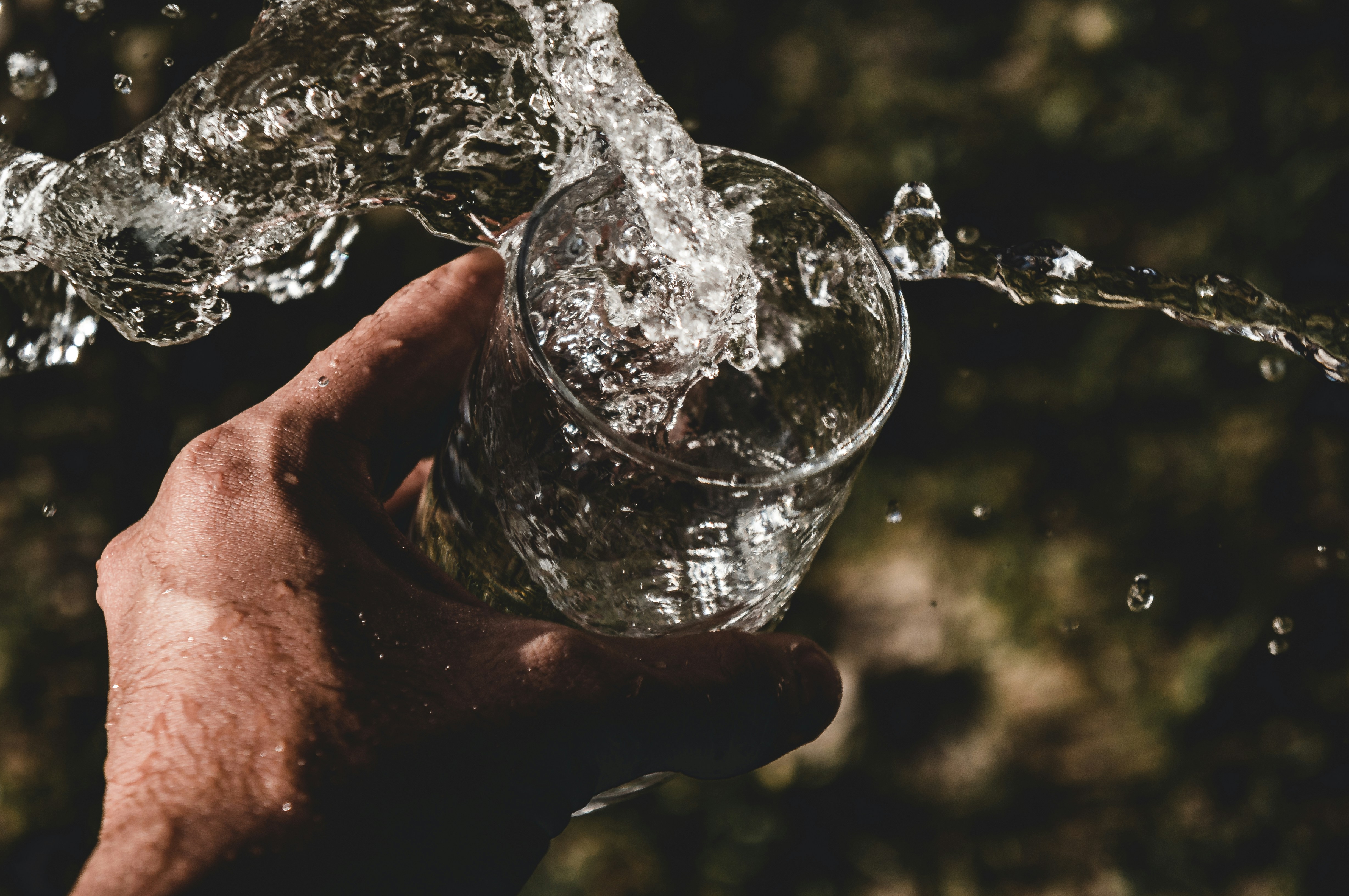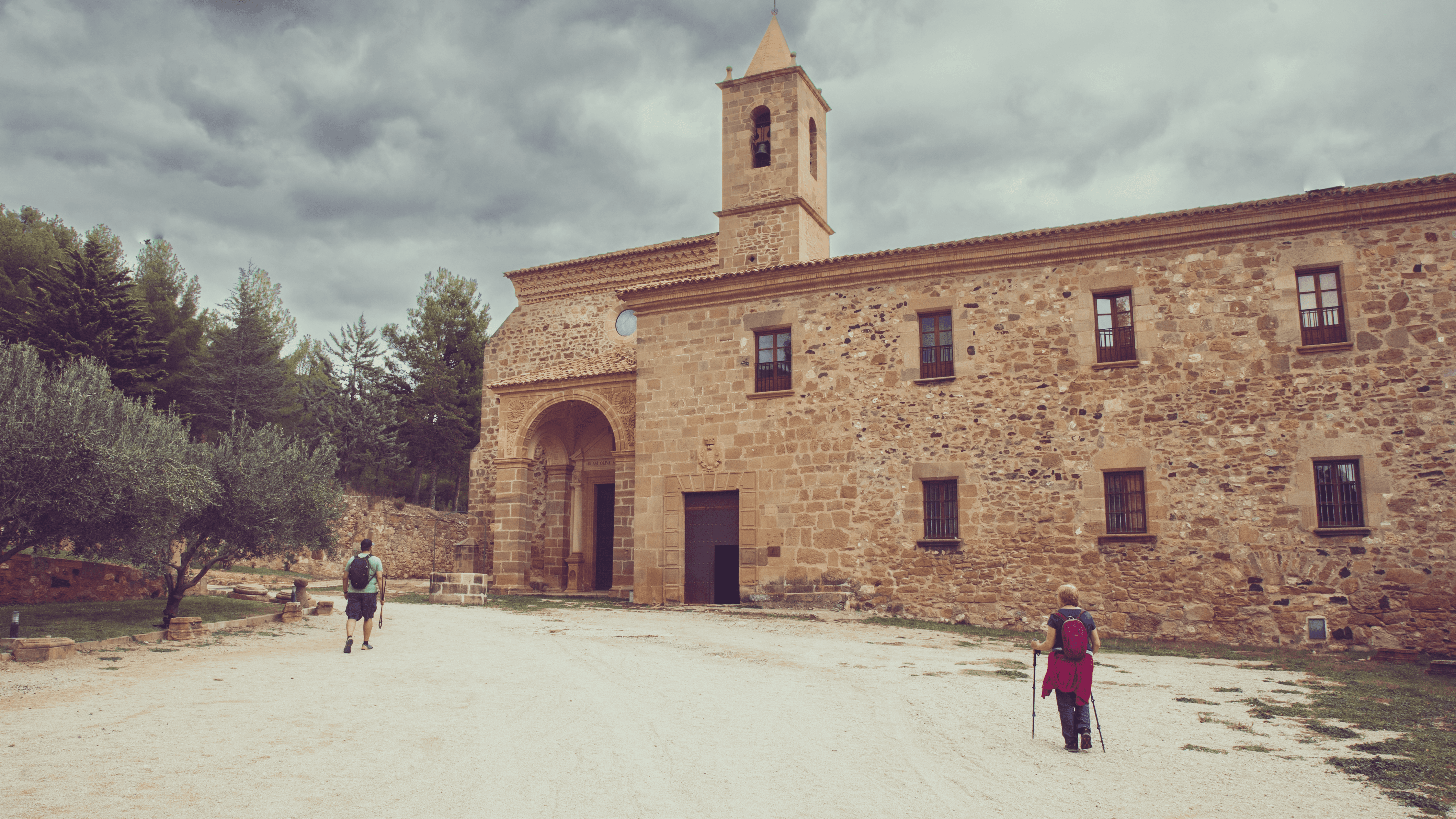Regenerative tourism
Regenerative tourism
Regenerative Oil: Olive Tourism and Territorial Development
Regenerative Oil: Olive Tourism and Territorial Development
29 de octubre de 2024


Francisco Rodríguez, Head of Tourism
Oliete Regenerativo is a project carried out thanks to the collaboration between Apadrinaunolivo.org, Airbnb and Ideas for Change. This project, initiated in May 2024, aims to revitalize the territory by putting into value the endogenous resources of small municipalities that are experiencing depopulation. This is the positive use of tourism as a tool for local economic and social development, and hence the name of the project contains the word "regenerative".
Oliete (Teruel) has been the selected municipality to implement actions that can be replicated in territories facing similar problems. Its olive-based environment, the oleotourism activities that were already being carried out, combined with the presence of Apadrinaunolivo.org for the past 10 years and its excellent work during this time, were the keys to this selection. Additionally, the support from local and regional authorities has been crucial for this.
Regarding Airbnb, its commitment to the dispersion of tourism and oleotourism as a resource to attract visitors, in a scenario of generalized saturation of tourism in many large cities, presents it as a key partner for the use of underutilized housing as accommodation for potential visitors. It is worth noting that in these territories the accommodation offer is very scarce, which hinders tourism growth.
It is interesting to understand, as will be seen in the next point, that the issue of lack of accommodation also has an indirect relation to residential housing. The lack of appeal of a territory directly affects both new construction and the maintenance of the existing accommodation stock. Without opportunities to retain the population or attract new residents, it is impossible to prevent the disappearance of these small municipalities.
Phases of the project
The first phase, of analysis, helped to understand two main aspects related to regulation:
Meetings: During the first phase, we had a series of meetings with key agents, both local, regional, and national. This served to further understand the current situation of depopulation and to introduce the project and invite participation.
Regulation of tourism in Aragón:. In this regard, a guide to the current regulation was offered to potential interested parties looking to put their homes into value for better understanding.
Empty housing: Thanks to discussions with various local representatives from different municipalities, it was found that although legal tools are available to town councils to expropriate homes without ownership (unclaimed inheritances...), these are not known and therefore not used. The project included a study at the Aragón level to analyze these tools and present them simply, so that local government teams can implement measures for the recovery of homes and their valorization.
The second phase, of documentation, has been very useful to visually capture both the situation of oleotourism and the current issues in depopulated territories, as well as potential solutions. To this end, the following actions have been taken:
Report: Creation of a report where data on oleotourism, its impacts and potential, as well as data on Oliete and its attractions are presented. A replicable initiative, such as Apadrinaunolivo.org and its activity, has also been analyzed, and a set of annexes has been prepared showing the designed tools to aid in the revitalization of territories through replicability.
Mini documentary: From the beginning of the project, work has been done on the territory, and several interviews have been conducted with local actors to gather their testimonies. These contacts have served both to gain a deeper understanding of the current issues and to create a mini documentary that showcases all this gathered information. Work is being done on a second part to display some of the solutions.
The third phase, of dissemination and in which we find ourselves, is key to publicizing all that has been done and promoting the replicability of these good practices.
Landing page: From Airbnb, aiming to increase the visibility of oleotourism activities, a website has been created where, in addition to the project materials mentioned in the previous point, accommodations and activities related to oleotourism will be uploaded.
Presentation event: On September 25, the project was presented in Oliete at an event that included the participation of the town's mayor, the president of the comarca, and other local authorities, as well as residents. The teams from Apadrinaunolivo.org, Airbnb, and Ideas for Change were also present. The latter organization presented the report and its results and conclusions and showcased the project video.
Other events: From Ideas for Change, we will be participating in various forums in the coming months (Menorca, Teruel, Madrid) to discuss the actions carried out, their impacts, and the needs that a project like this has to increase those impacts.

Learnings
There have been many learnings during these months of the project. Among them, the following stand out:
Local partner. The selection of an already active and successful local partner, as in the case of Apadrinaunolivo.org, is key to deploying such actions in any territory.
Local and global are compatible. It is essential to understand the needs of both and seek a common link. In this case, Airbnb's commitment to the dispersion of tourism meets a crucial need of these territories, which seek to grow steadily in visitor numbers to at least sustain the local economy. In turn, Airbnb can help meet the accommodation needs that, as mentioned, are currently very scarce in most of these municipalities due to insufficient demand. At the same time, global platforms like Airbnb can learn a lot from these territories where growth increasingly seems necessary, both for the interest of these areas and for increasingly saturated cities.
Commitment to dialogue. Discussions with local and regional administrations are a key element to better understand local reality and impact, for example, of regulations designed for large capitals that greatly affect these small municipalities. In the case of Oliete, the current regulation limits tourist use homes in a way that is not fully understood, and perhaps this project can help to comprehend the negative impact that unjustified barriers can have.
Depopulation is tackled from many fronts. It must be clear that tourism can be one of the factors that help in this fight. One should neither rely entirely on this activity nor neglect other actions that help these territories develop sustainably, with the participation of residents and utilizing the resources they already have. That is, in a regenerative manner. Because one of the main learnings from this project has been that empty Spain is full of future opportunities.
Regenerative tourism as a tool for positive change
From the tourism area of Ideas for Change, we continue to work to generate positive impact through inclusive, participatory tourism that works in networks, with both international and local organizations. The ideation, driving, and coordination of this project is further proof that all these mentioned factors of regenerative growth are very present in our DNA. Moreover, the replicability of successful practices helps us continue to devise those exciting futures and destinations.
Francisco Rodríguez, Head of Tourism
Oliete Regenerativo is a project carried out thanks to the collaboration between Apadrinaunolivo.org, Airbnb and Ideas for Change. This project, initiated in May 2024, aims to revitalize the territory by putting into value the endogenous resources of small municipalities that are experiencing depopulation. This is the positive use of tourism as a tool for local economic and social development, and hence the name of the project contains the word "regenerative".
Oliete (Teruel) has been the selected municipality to implement actions that can be replicated in territories facing similar problems. Its olive-based environment, the oleotourism activities that were already being carried out, combined with the presence of Apadrinaunolivo.org for the past 10 years and its excellent work during this time, were the keys to this selection. Additionally, the support from local and regional authorities has been crucial for this.
Regarding Airbnb, its commitment to the dispersion of tourism and oleotourism as a resource to attract visitors, in a scenario of generalized saturation of tourism in many large cities, presents it as a key partner for the use of underutilized housing as accommodation for potential visitors. It is worth noting that in these territories the accommodation offer is very scarce, which hinders tourism growth.
It is interesting to understand, as will be seen in the next point, that the issue of lack of accommodation also has an indirect relation to residential housing. The lack of appeal of a territory directly affects both new construction and the maintenance of the existing accommodation stock. Without opportunities to retain the population or attract new residents, it is impossible to prevent the disappearance of these small municipalities.
Phases of the project
The first phase, of analysis, helped to understand two main aspects related to regulation:
Meetings: During the first phase, we had a series of meetings with key agents, both local, regional, and national. This served to further understand the current situation of depopulation and to introduce the project and invite participation.
Regulation of tourism in Aragón:. In this regard, a guide to the current regulation was offered to potential interested parties looking to put their homes into value for better understanding.
Empty housing: Thanks to discussions with various local representatives from different municipalities, it was found that although legal tools are available to town councils to expropriate homes without ownership (unclaimed inheritances...), these are not known and therefore not used. The project included a study at the Aragón level to analyze these tools and present them simply, so that local government teams can implement measures for the recovery of homes and their valorization.
The second phase, of documentation, has been very useful to visually capture both the situation of oleotourism and the current issues in depopulated territories, as well as potential solutions. To this end, the following actions have been taken:
Report: Creation of a report where data on oleotourism, its impacts and potential, as well as data on Oliete and its attractions are presented. A replicable initiative, such as Apadrinaunolivo.org and its activity, has also been analyzed, and a set of annexes has been prepared showing the designed tools to aid in the revitalization of territories through replicability.
Mini documentary: From the beginning of the project, work has been done on the territory, and several interviews have been conducted with local actors to gather their testimonies. These contacts have served both to gain a deeper understanding of the current issues and to create a mini documentary that showcases all this gathered information. Work is being done on a second part to display some of the solutions.
The third phase, of dissemination and in which we find ourselves, is key to publicizing all that has been done and promoting the replicability of these good practices.
Landing page: From Airbnb, aiming to increase the visibility of oleotourism activities, a website has been created where, in addition to the project materials mentioned in the previous point, accommodations and activities related to oleotourism will be uploaded.
Presentation event: On September 25, the project was presented in Oliete at an event that included the participation of the town's mayor, the president of the comarca, and other local authorities, as well as residents. The teams from Apadrinaunolivo.org, Airbnb, and Ideas for Change were also present. The latter organization presented the report and its results and conclusions and showcased the project video.
Other events: From Ideas for Change, we will be participating in various forums in the coming months (Menorca, Teruel, Madrid) to discuss the actions carried out, their impacts, and the needs that a project like this has to increase those impacts.

Learnings
There have been many learnings during these months of the project. Among them, the following stand out:
Local partner. The selection of an already active and successful local partner, as in the case of Apadrinaunolivo.org, is key to deploying such actions in any territory.
Local and global are compatible. It is essential to understand the needs of both and seek a common link. In this case, Airbnb's commitment to the dispersion of tourism meets a crucial need of these territories, which seek to grow steadily in visitor numbers to at least sustain the local economy. In turn, Airbnb can help meet the accommodation needs that, as mentioned, are currently very scarce in most of these municipalities due to insufficient demand. At the same time, global platforms like Airbnb can learn a lot from these territories where growth increasingly seems necessary, both for the interest of these areas and for increasingly saturated cities.
Commitment to dialogue. Discussions with local and regional administrations are a key element to better understand local reality and impact, for example, of regulations designed for large capitals that greatly affect these small municipalities. In the case of Oliete, the current regulation limits tourist use homes in a way that is not fully understood, and perhaps this project can help to comprehend the negative impact that unjustified barriers can have.
Depopulation is tackled from many fronts. It must be clear that tourism can be one of the factors that help in this fight. One should neither rely entirely on this activity nor neglect other actions that help these territories develop sustainably, with the participation of residents and utilizing the resources they already have. That is, in a regenerative manner. Because one of the main learnings from this project has been that empty Spain is full of future opportunities.
Regenerative tourism as a tool for positive change
From the tourism area of Ideas for Change, we continue to work to generate positive impact through inclusive, participatory tourism that works in networks, with both international and local organizations. The ideation, driving, and coordination of this project is further proof that all these mentioned factors of regenerative growth are very present in our DNA. Moreover, the replicability of successful practices helps us continue to devise those exciting futures and destinations.


